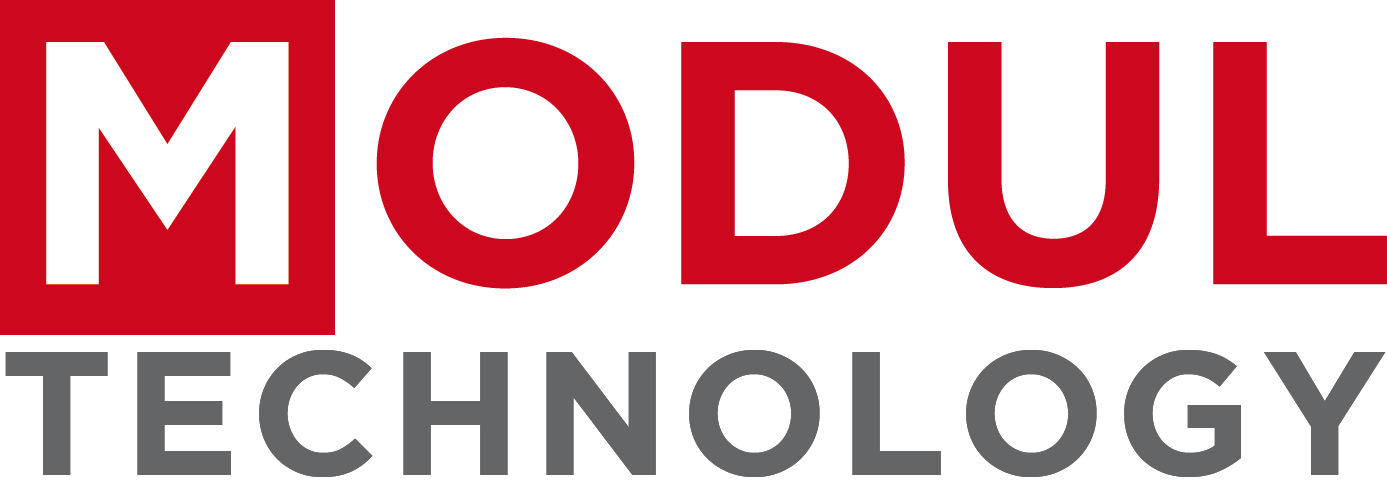Multimedia, especially when also including video, is a very powerful medium for
broadcasting and sharing online, particularly in response to the need of obtaining timely
information about what is happening directly around us and elsewhere in the world. The digital media
revolution and the convergence of social media with broadband wired and wireless connectivity have
already brought breaking news to a multitude of online multimedia platforms, both traditional and
new ones. Furthermore, news organizations delivering information by Web streams and TV broadcast (be
it traditional organizations or new, primarily Web-based and sometimes semi-professional news
outlets) increasingly rely on user-generated multimedia recordings of breaking and developing news
events shared by others in social media for illustrating a story. However, there is not only
richness and expressiveness of information in user-generated multimedia; there is also a high risk
of deception and misinformation. Access to increasingly sophisticated multimedia editing and content
management tools, and the ease with which fake information spreads in electronic networks, means
that news outlets and social platforms that wish to remain reputable, as well as amateurs
re-publishing a multimedia item (e.g. bloggers), need to carefully verify third-party content before
(re-)publishing it. This is vital in order to break news quickly, but not at the expense of accuracy
and factuality. In addition to this, even individual consumers of TV and online social media and
multimedia sharing services are increasingly aware of the risk of deception that exists in media
sharing. That is why increasingly more people are becoming interested in simple ways of
understanding what to trust, how to assess the veracity of information, and how to debunk fakes.
The goal of this workshop is to bring together multimedia and video processing researchers,
social media researchers, digital multimedia forensics experts, new media professionals, as well
as multimedia and social sharing platform representatives, in an interdisciplinary forum for
presenting and discussing the latest advances and open challenges in multimedia
verification.
Topics of interest include, but are not limited to:
- Reverse image and video search for multimedia verification
- Use of contextual cues for multimedia, video, audio and associated content verification
- Multimedia, audio and video file forensic analysis
- Detection of multimedia items on breaking news events in social media
- User trustworthiness in multimedia sharing and social media platforms
- Multimedia geotagging and geographical aspects of multimedia verification
- Ethical and legal issues of multimedia verification and sharing
- News framing and manipulation through multimedia
- Journalistic workflows and (best) practices for multimedia verification
- Datasets and benchmarking for multimedia verification
- Tools and applications for multimedia, video and audio verification
When staring a new submission, remember to select the Track
“First International Workshop on Multimedia Verification”


